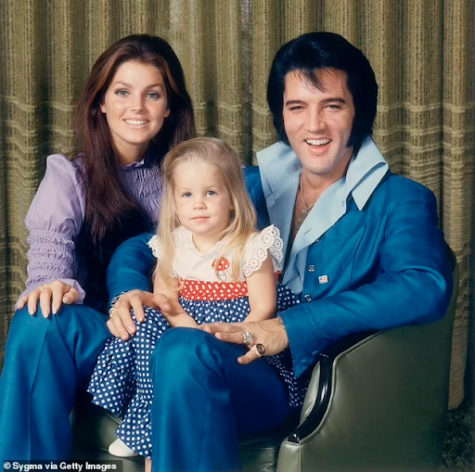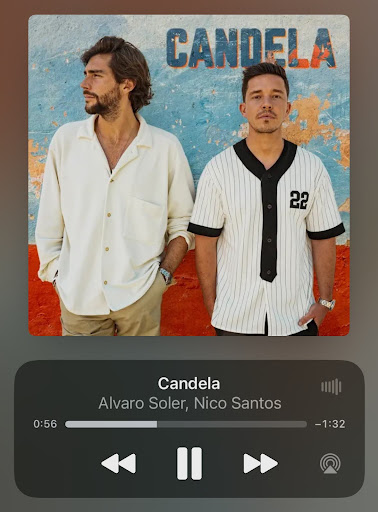Protests in Iran
October 31, 2022
On September 13 in Tehran, Iran, Mahsa Amini was detained after police deemed her to be “inappropriately dressed.” Three days later, she had fallen into a coma and passed away at 22 years old. Her suspicious death—paired with eyewitnesses claiming they saw police beating her head with a baton—has caused a wave of protests (BBC).
According to Time, the “mortality” police, a “unit of Iran’s police forces tasked with enforcing the laws on Islamic dress code in public” (Deutsche Welle) stated Amini wore her headscarf, known as a hijab, too loosely.
Officials asserted Amini died of a heart attack, but her family and the public do not buy into their defense (BBC). Consequently, Iranian women have burned their headscarves, cut their hair, and marched in the streets of Iran in order to combat the strict and unforgiving leadership of Iran. BBC reports protesters chant the phrases “Woman, life, freedom” and “Death to the dictator,” referring to Supreme Leader Ayatollah Ali Khamenei.
Unfortunately, with mass protests comes violence: the Iran Human Rights has documented at least 201 individuals—23 of which are children—dying at the hands of security forces (BBC).
As the world mourns the deaths of Amini and these people, Ramapo expresses its heartache and support for those in Iran.
Mrs. Vandermolen, the advisor of Amnesty, feels frustrated at the continued cycle of violence that occurs to women in nations that have morality police. When reacting to the protests, she states “Watching the solidarity of women around the world is encouraging; it’s important that women share their opinions on issues that they don’t have a voice in.”
The Supervisor of the Social Studies Department Mr. Del Buono was also disheartened upon hearing the news. “Sadly I was unsurprised at both the initial reaction to hearing about the death of Mahsa Amini and the following protests,” he says. “The limited oppositional voice and simmering discontent in this situation were like many events in history.”
Ramapo senior Neda Iyimaya, who wears a hijab to complement her religious beliefs, also comments on the event. “Seeing so many women throughout the world supporting Amini and condemning the mortality police makes me genuinely thankful.” She continues: “It is not just the hijab that the government limits women’s rights with. They are also not allowed to easily get a divorce, go out of the country without the husband’s permission, be a part of the LGBT community, et cetera. I hope that these protests change the Iranian government for the better and let people have the freedom they deserve.”
Neda ends her statement by highlighting the concept of choice: “The injustice that is happening in Iran is not just unacceptable in my view, but in my religion’s view as well. Wearing the hijab in Islam is required, however, it is never forced. As someone who chooses to wear the hijab, I hope that every woman, Muslim or not, gets to decide for herself how to dress.”






